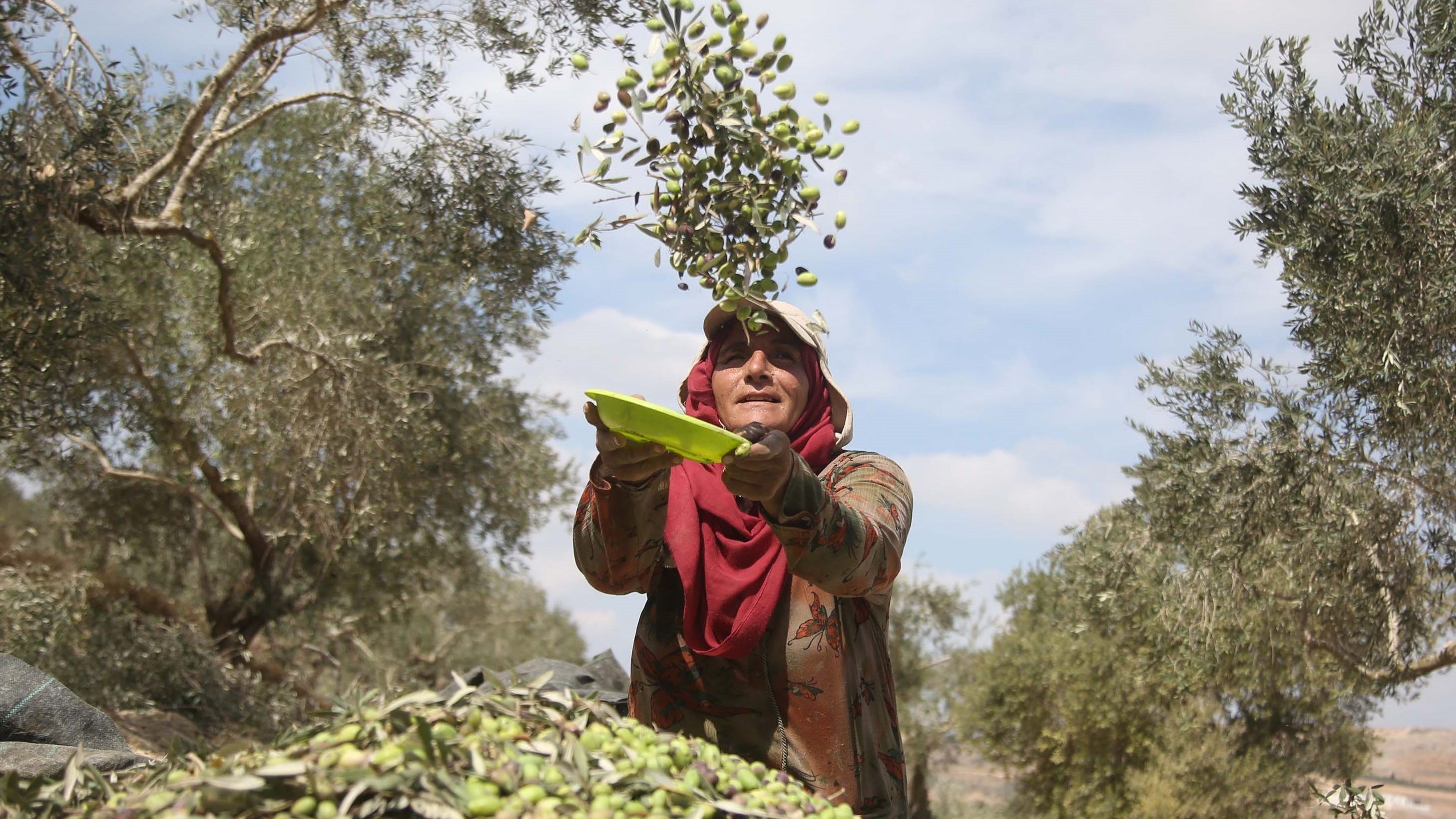
The author of this blog or other opinion piece is a third-party contributor who is independent of The Media Line Ltd and its partners or supporters. All assertions, opinions, facts, and information presented in this article are the sole responsibility of the author and are not necessarily those of The Media Line and/or all parties related thereto, none of whom assumes any responsibility for its content.
If you believe you have discerned any form of abuse, please contact editor@themedialine.org


